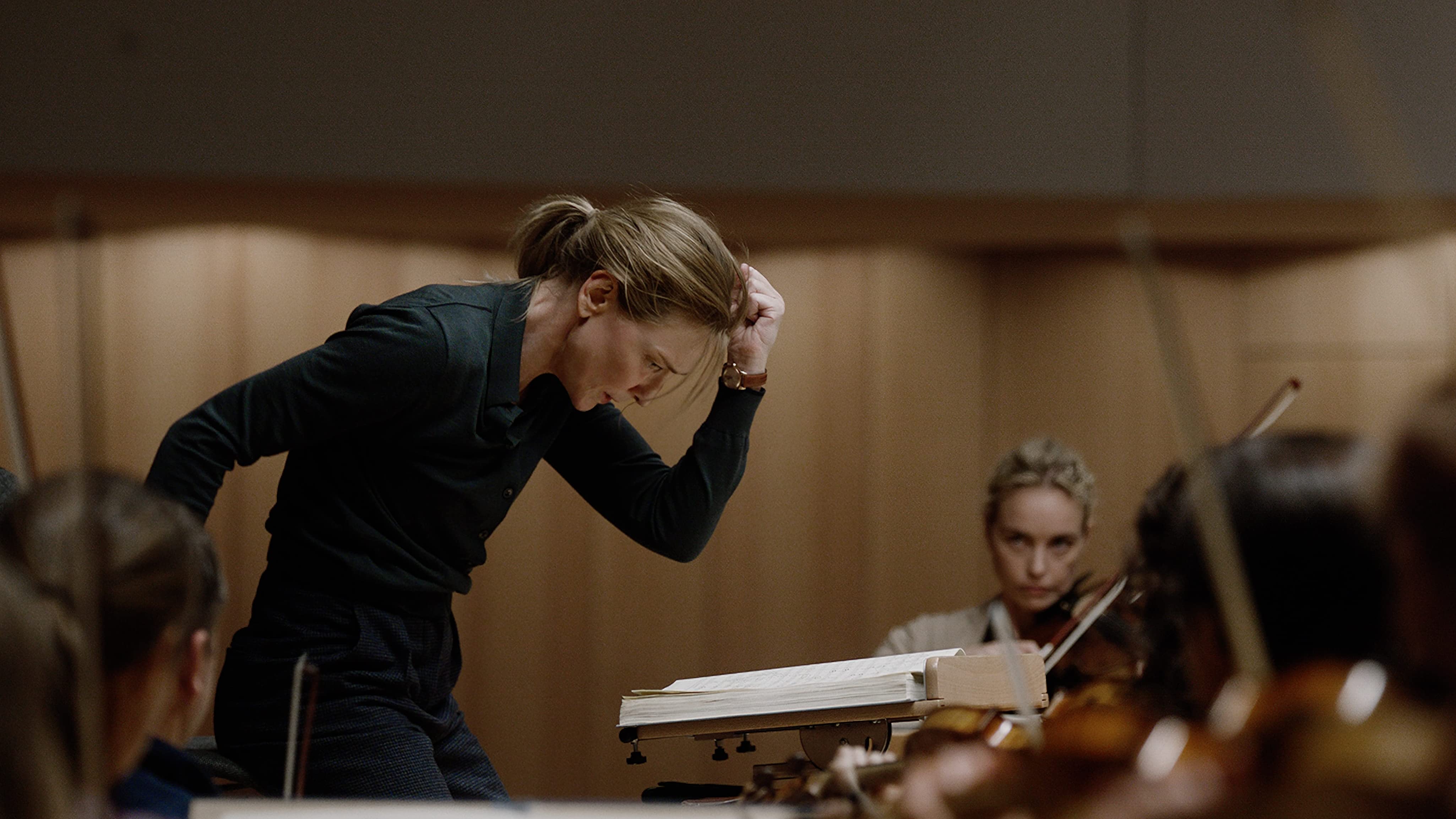Can a playlist save you from dementia?
mainResearch in Australia suggests that certain kinds of music can help dementia sufferers to delay memory loss.
Read more and listen here.


Research in Australia suggests that certain kinds of music can help dementia sufferers to delay memory loss.
Read more and listen here.

For 38 consecutive years, the Last Night of…

Having slashed the executive team last July, the…

‘Am I a criminal?’ demands the Greek-Russian conductor…

Hollywood’s Australian superstar, 55, has had it up…

Session expired
Please log in again. The login page will open in a new tab. After logging in you can close it and return to this page.
Comments